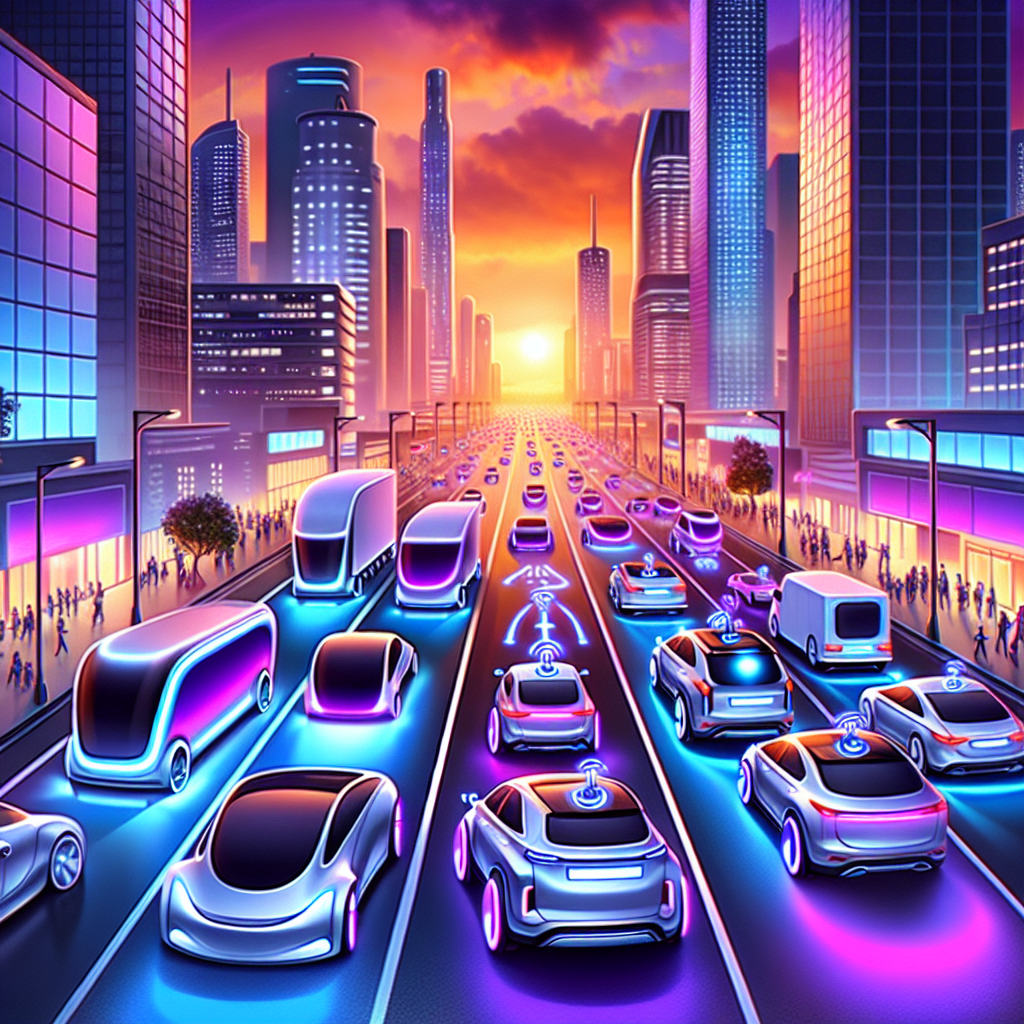Autonomous Vehicles: The Future of Transportation
The concept of autonomous vehicles, also known as self-driving cars, has been a topic of fascination and debate for many years. With advancements in technology, these vehicles are becoming a reality and are poised to revolutionize the way we think about transportation. From reducing traffic congestion to improving road safety, autonomous vehicles have the potential to transform the way we move from one place to another.
Benefits of Autonomous Vehicles
One of the key benefits of autonomous vehicles is their potential to reduce traffic congestion. By using advanced sensors and algorithms, self-driving cars can navigate roads more efficiently, leading to smoother traffic flow and fewer accidents. This can help to alleviate the strain on our current transportation infrastructure and make commuting less stressful for everyone.
Another major advantage of autonomous vehicles is their potential to improve road safety. Human error is a leading cause of traffic accidents, but self-driving cars are programmed to follow traffic laws and avoid risky behaviors. This can significantly reduce the number of accidents on the road and save countless lives each year.
Challenges and Concerns
Despite the many benefits of autonomous vehicles, there are also challenges and concerns that need to be addressed. One of the biggest challenges is the need for regulations and standards to govern the use of self-driving cars. This includes issues such as liability in the event of an accident and data privacy concerns related to the collection of sensitive information by autonomous vehicles.
Another concern is the potential impact of autonomous vehicles on jobs in the transportation industry. As self-driving cars become more widespread, there is a risk that jobs such as taxi drivers and truck drivers could be displaced by automation. It will be important for policymakers to address these concerns and ensure that the transition to autonomous vehicles is managed in a way that is fair and equitable for all stakeholders.
The Future of Transportation
Despite these challenges, the future of transportation is likely to be shaped by autonomous vehicles. As technology continues to advance and self-driving cars become more sophisticated, we can expect to see an increasing number of these vehicles on our roads. This will not only change the way we think about transportation but also have far-reaching implications for our cities, our economy, and our society as a whole.
In conclusion, autonomous vehicles have the potential to revolutionize the way we move from place to place. By reducing traffic congestion, improving road safety, and offering new opportunities for mobility, self-driving cars have the power to transform our transportation systems for the better. While there are challenges and concerns that need to be addressed, the future of transportation is likely to be driven by autonomous vehicles.






